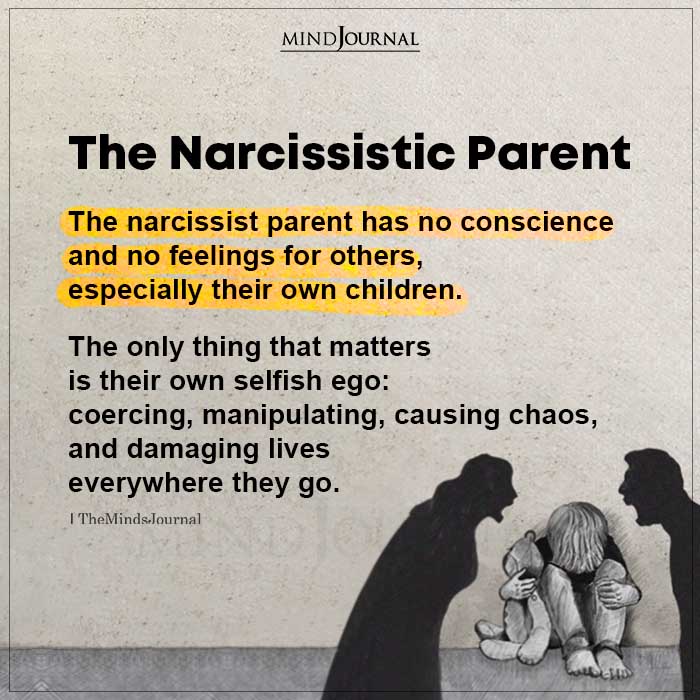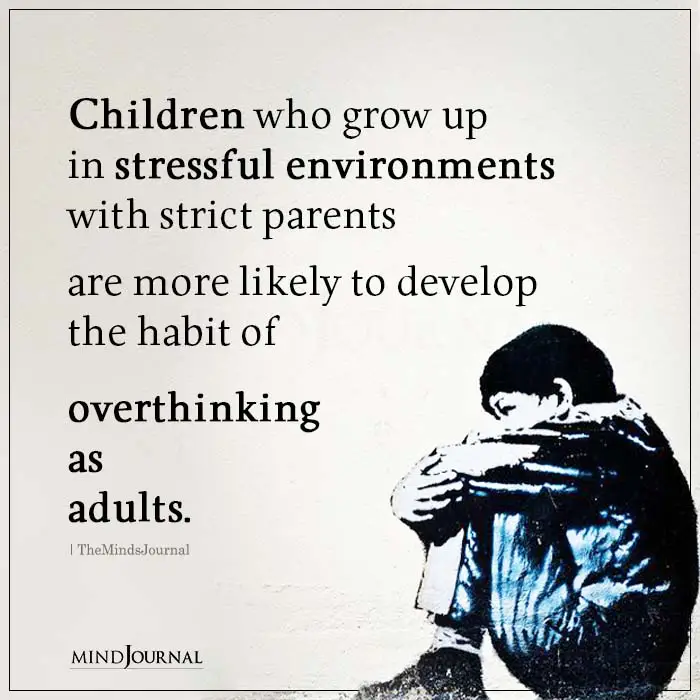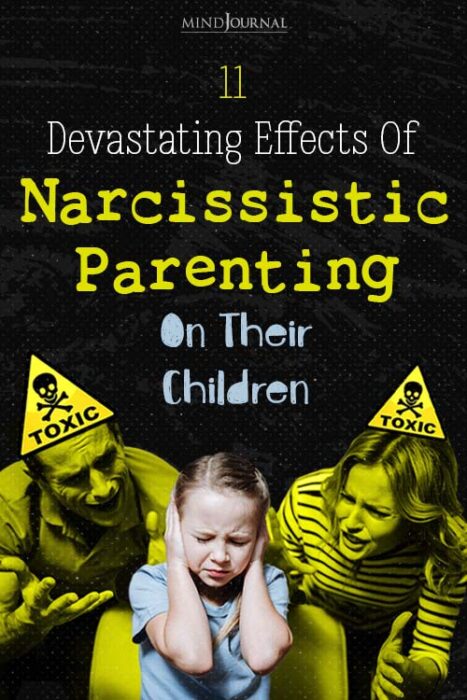Growing up with a narcissistic parent can leave deep scars that shape who you become. The effects of a narcissistic parent can sneak into every part of your life, from how you see yourself to how you connect with others.
If you have ever felt like you’re constantly seeking approval, struggling to set boundaries, or dealing with a never-ending fear of abandonment, then you are not alone. These are just a few ways narcissistic parents damage their children.
Today, we are going to explore how it feels to be children of narcissistic parents and the damage they cause.
Related: 30 Critical Ways In Which Narcissistic Parenting Affects A Child
11 Effects Of A Narcissistic Parent on children
1. You are always seeking validation.
Children of narcissistic parents often grow up needing constant approval. Because your parents rarely gave real praise or support, you always end up trying to please others to feel valued.
This can lead to unhealthy relationships and situations where you put other people’s needs above your own. You might also struggle to trust your own judgement, always looking for someone else’s opinion to feel sure about your choices.

2. You tend to hide your true feelings.
To avoid upsetting your narcissistic parent, you have learnt to hide your emotions from a very young age. You might pretend everything is okay, even when it’s not. This habit can continue into adulthood, making it tough to express feelings openly and honestly.
You might have a hard time forming deep connections with others because you have been conditioned to keep your feelings and emotions bottled up.
3. You have a habit of keeping people at arm’s length.
One of the most horrible effects of a narcissistic parent is this. Children of narcissistic parents often struggle with intimacy. You might find it hard to open up and be vulnerable, due to fear of rejection or judgement.
This makes it really tough for you to form deep, meaningful connections. You might keep your distance emotionally, even in close relationships, to protect yourself from getting hurt. This sort of intimacy issues ends up making you feel lonely and isolated at times.
4. You are always on edge.
Another way narcissistic parents damage their children is like this. With time, you have grown up to be hypervigilant, always on edge and aware of potential threats. You might have learnt to constantly monitor your parents’ mood to avoid conflict or punishment.
This heightened state of alertness can continue into adulthood, making it hard for you to relax and feel safe. You might even be overly sensitive to criticism, and always expecting the worst.
5. You neglect your own needs.
Children of narcissistic parents might not learn the importance of self-care, as your needs were often ignored. As an adult, you might struggle to prioritize your own well-being, feeling guilty for taking time out for yourself.
You might neglect your physical, emotional and mental health, leading to burnout and chronic stress. Learning to practice self-care can be a tough but important step towards healing.
Related: 8 Horrible Ways A Covert Narcissist Mother Affects Her Children
6. You carry a lot of unwanted guilt.
When it comes to narcissistic parents and the damaging effects, this is one of the most traumatic ones.
Narcissistic parents often use guilt and shame to control their kids. Your parents might have blamed you for the mistakes they made, making you feel responsible for things that aren’t your fault.
This can lead to deep feelings of guilt and low self-worth that stick around into adulthood. You might constantly feel like you’re not good enough or that everything is your fault.

7. You always lose yourself in relationships.
One of the biggest effects of a narcissistic parent is that it can lead to codependent behavior in their children. You might learn to put your parent’s needs over yours to keep them happy and avoid turmoil.
This may even continue into your adult relationships, where you might prioritize your partner’s needs over your own, losing yourself in the process. You might also struggle to assert your own needs and desires, fearing rejection and disapproval.
8. You are always chasing perfection.
Narcissistic parents often expect their children to be perfect in every way. This sort of pressure makes children develop perfectionist tendencies, always striving to be flawless to gain approval.
This can cause a lot of stress and anxiety, as you constantly fear making mistakes. It can also make it hard for you to enjoy your achievements, since you are always focused on what could be better.
9. You feel like you will never be good enough.
Growing up with a narcissistic parent can really mess with your self-esteem. These parents often put their kids down to feel better about themselves. As a result, you might grow up feeling like you’re never good enough.
You could doubt your abilities and feel like you can’t ever meet their expectations. This feeling of not being good enough can stick with you into adulthood, making it hard to feel confident in yourself and your choices.
10. You have been struggling for very long to know who you are.
If you think about narcissistic parents and the damaging effects, then this is one of the saddest there is. A narcissistic parent tends to impose their own desires and expectations on their children, leaving little room for them to explore their identity.
As a result, you may grow up unsure of who you are and what you want. You might have difficulty making decisions for yourself, always second-guessing whether you have made the right choice. This confusion about your own identity can make it hard to feel fulfilled.
Related: Narcissistic Fathers: The Dark Shadow They Cast From Childhood To Adulthood
11. You take every small criticism to heart.
One of the worst ways narcissistic parents damage their children is this, right here. After facing relentless criticism from a narcissistic parent, kids often develop an extreme sensitivity to feedback.
You might see any form of criticism as a personal attack leading to defensive or withdrawn behaviors. This makes it hard for you accept constructive criticism and grow from it. You might also struggle with being overly harsh on yourself for minor mistakes.

In conclusion, the effects of a narcissistic parent can be far-reaching and deeply impactful. Understanding these effects is the first step towards healing and breaking the cycle.
If you recognize these signs in yourself or someone else, then always remember that it is possible to rebuild self-esteem, set healthy boundaries and create more fulfilling relationships.
The journey to recovery might be challenging, but it’s a path worth taking for a healthier, happier future.









Leave a Reply
You must be logged in to post a comment.